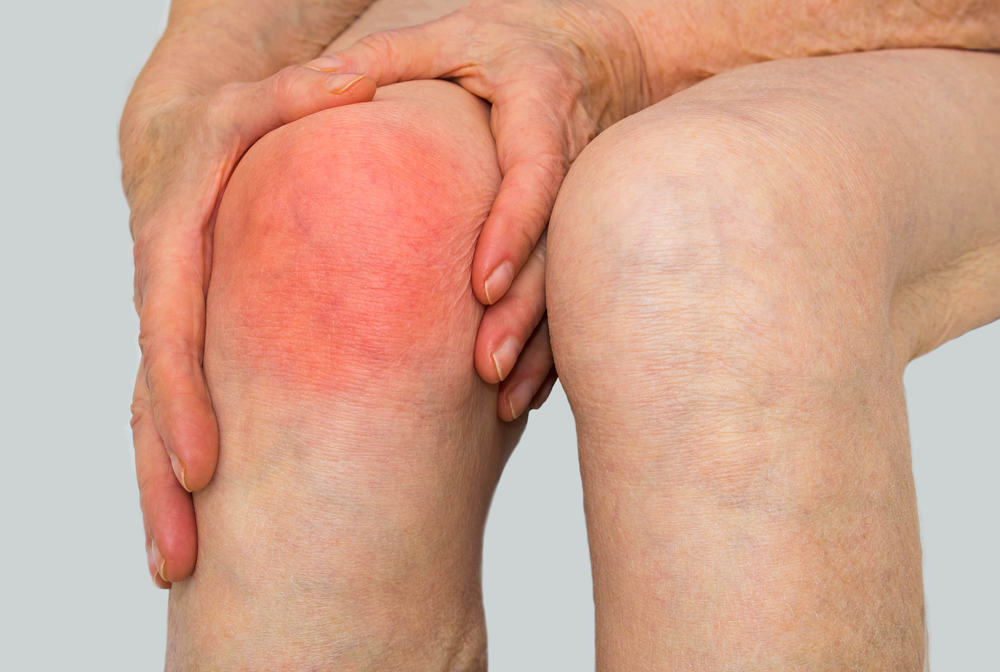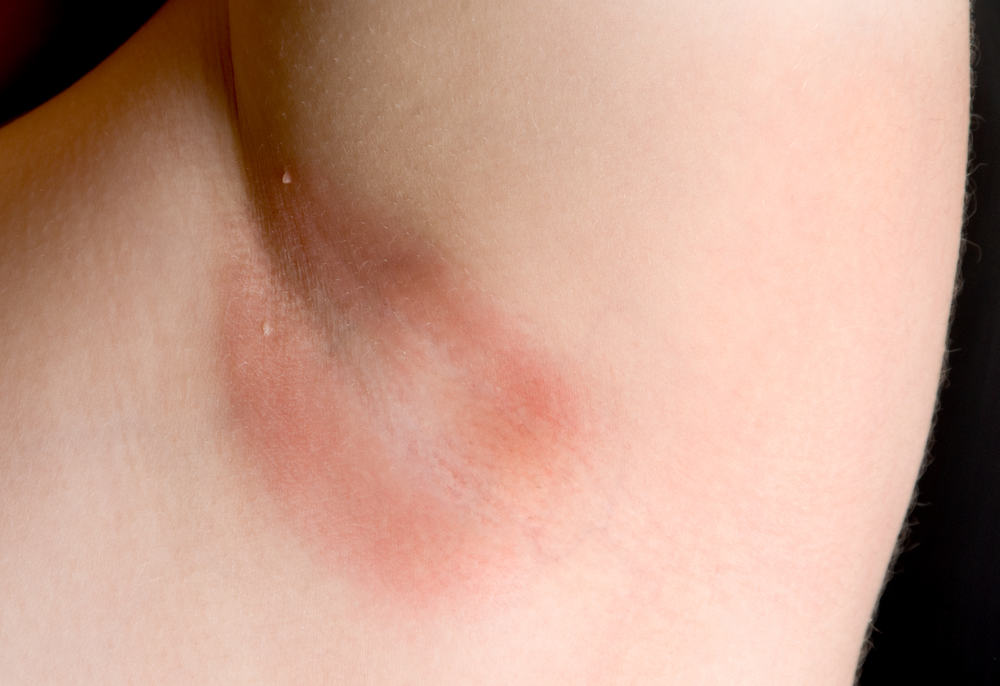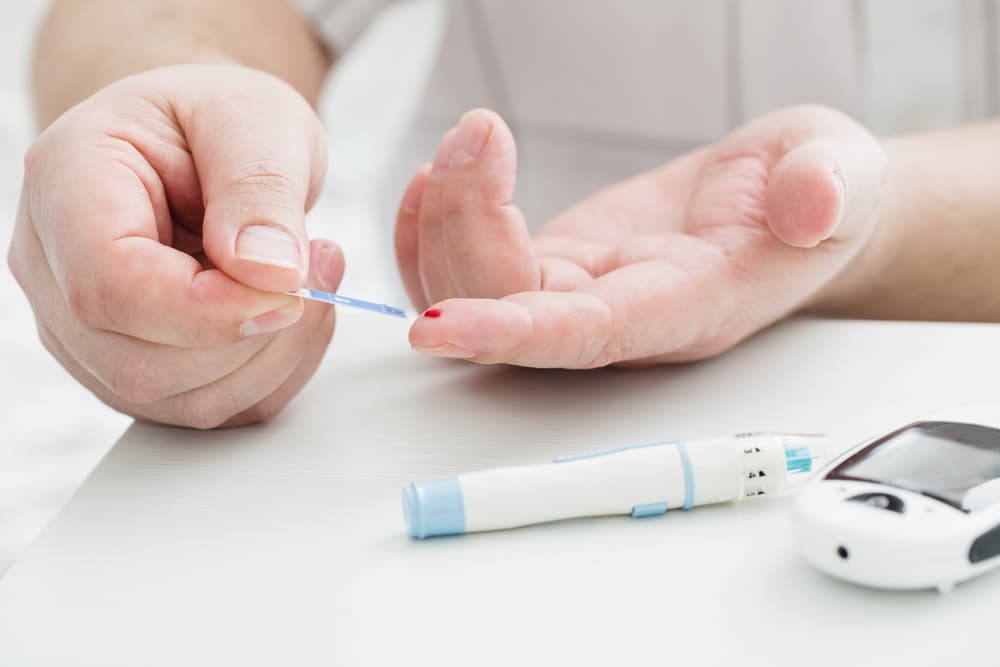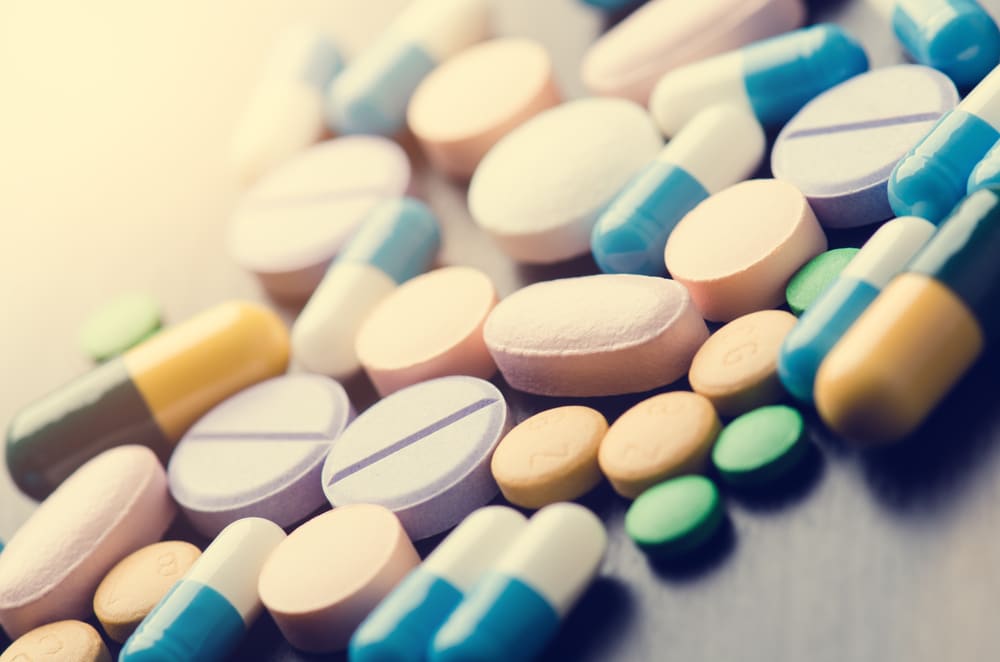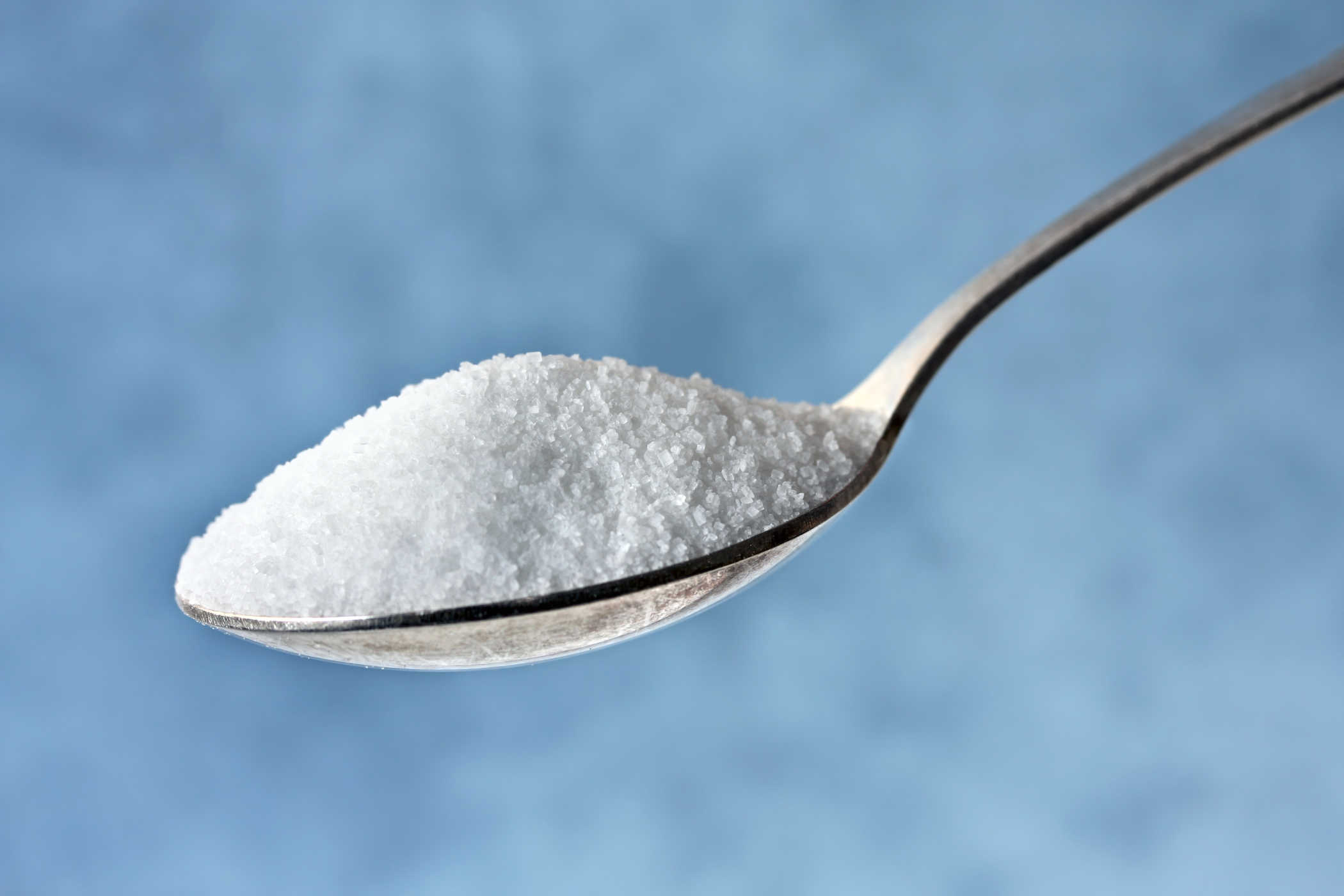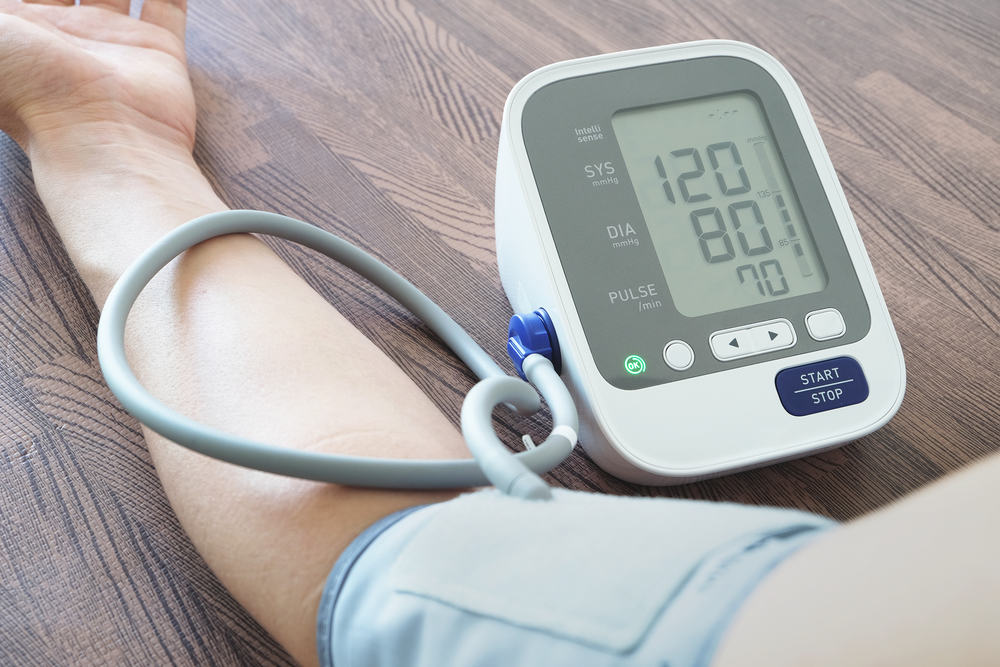Contents:
Medical Video: Sports injuries to the mouth: What to do
1. Definition
What is mouth trauma?
Minor cuts and scratches in the mouth usually heal within 3 or 4 days, twice as fast as injury to the skin. Infections in the oral cavity are rare. You will find it difficult to find the injured part in a few weeks. Injuries to the tongue and the inside of the cheek due to accidentally being bitten by themselves during eating are the most common mouth sores. Wounds and bruises on the lips usually occur due to falls. A tear in the connective tissue of the upper lip with gums is common. It can look bad and cause a lot of blood until pressure is applied, but it is not dangerous. Potentially serious mouth sores are in the tonsils, soft palate, or back of the throat (such as falling when a pencil is in the mouth).
What are the signs and symptoms?
- Tooth damage: You may have teeth that are cracked, out of place, or missing. You might feel the edges of your teeth are sharp or rough.
- Bleeding or bruising: You may have bruises or cuts on your lips and face. Your gums or other soft tissue in the mouth may bleed.
- Facial fractures: You may not be able to move your jaw or mouth because the bones on your face are cracked.
- Changes in teeth: Your teeth may not be able to blend properly when you close your mouth.
2. How to overcome them
What should I do?
Treatment of Oral Trauma at Home
Stop bleeding by pressing the bleeding part of the tooth or jaw for 10 minutes. For bleeding on the tongue, press the bleeding part with gauze or pieces of clean cloth.
Don't release the pressure if it's not 10 minutes. When bleeding from the inside of the upper lip stops, do not pull the lips to see the condition. If you do it, the bleeding will start again.
Pain Relief
The part may get sick for 1 or 2 days. Compress with ice as often as possible. If there is pain during sleep, take acetaminophen or ibuprofen. For a day or more, eat soft foods. Avoid salty or sour food because it will feel sore. Keep the remaining food from the injured part by cleaning the part with water immediately after eating.
When do I have to see a doctor?
Go to the doctor immediately if:
- Bleeding does not stop after 10 minutes of pressure
- There are deep wounds and may require jaitan
- Injuries occur at the back of the throat
- The wound caused falls when there is a long object in the mouth
- Severe pain
Also contact a doctor if:
- You feel that part of it becomes an infection, especially if there is an increase in pain or swelling after 48 hours (keep in mind that wounds in the mouth that are in normal healing are whitish for several days)
- Fever
- You feel your condition is getting worse
3. Prevention
Prevent this by teaching your child not to run or play with long objects in the mouth.
- Perform routine dental checks. If your gums and teeth are healthy, you tend to recover from injury quickly.
- Use a seat belt to prevent or reduce mouth injuries during a motor vehicle accident. Always put your child on a car bench specifically for children to prevent injury.
- Use mouth protectors while exercising. Mouth protectors can be made by dentists or purchased at stores that sell sports equipment.
- Use a helmet and face shield during sports where facial, mouth or head injuries can occur.
- Remove the headgear and wear a mouth protector when exercising.
- Remove the headgear before being active in rough games.
- Don't eat foods that are hard, hard to chew, dry, or sticky.
- Don't pull your braces.
- Use gentle orthodontics to protect the inside of the mouth from the wire.
- If you have seizures or other medical problems that can increase your risk of falls, ask your doctor for recommendations for using a helmet and face shield to protect your head and mouth.





